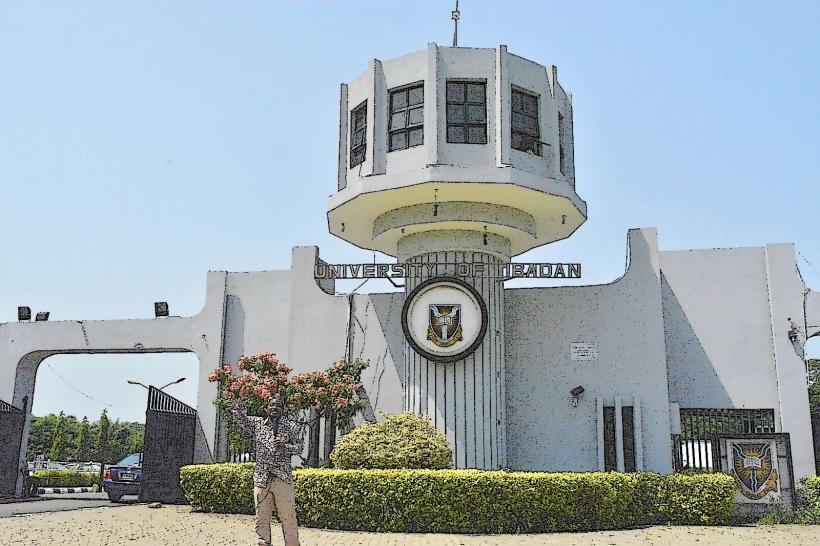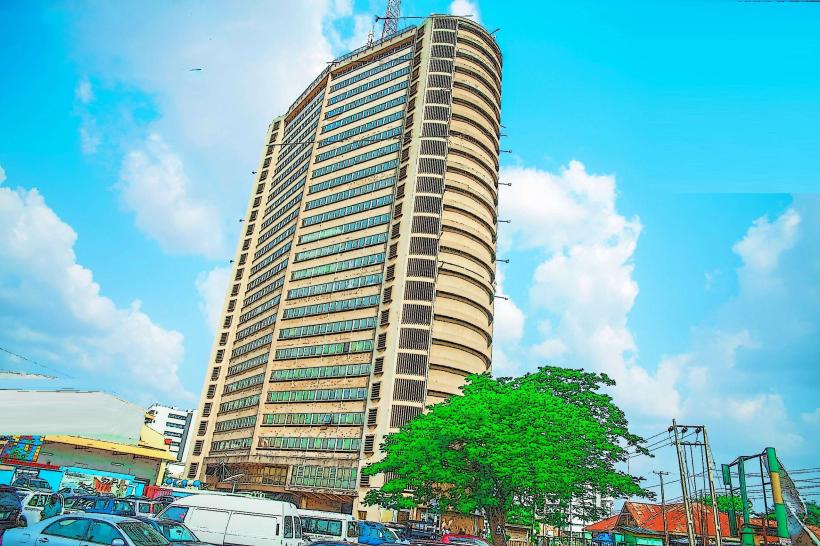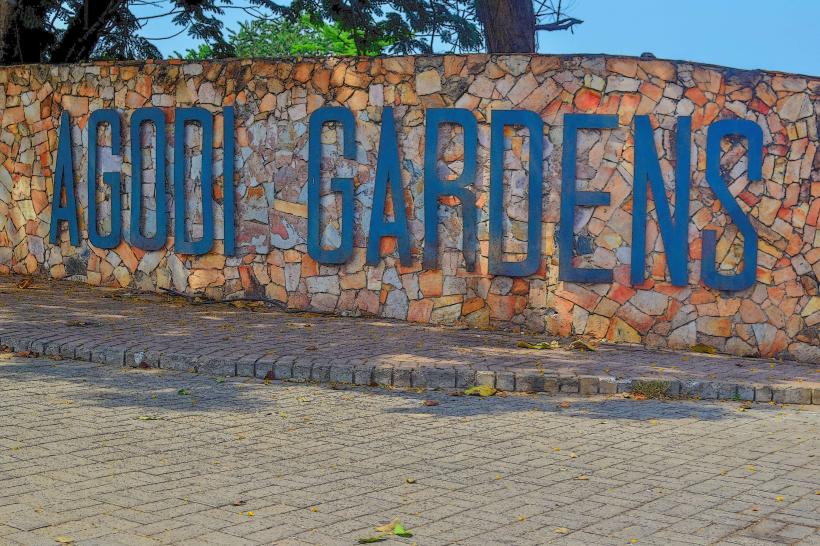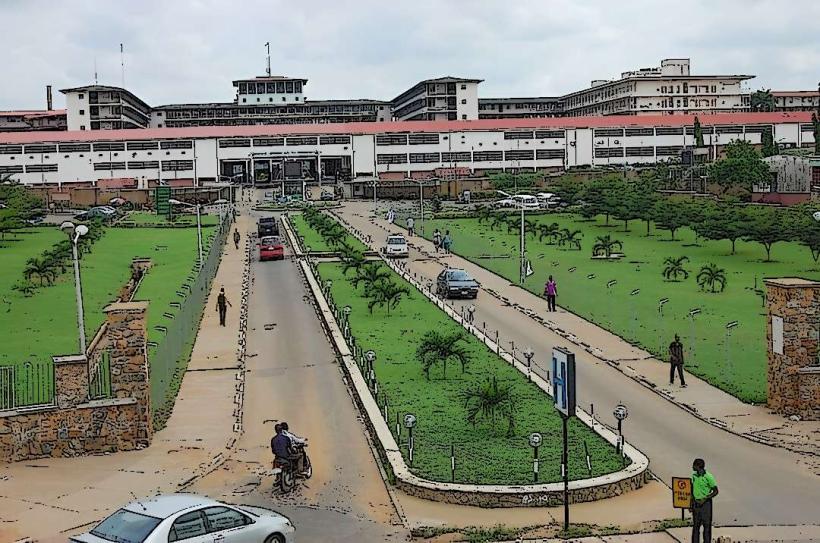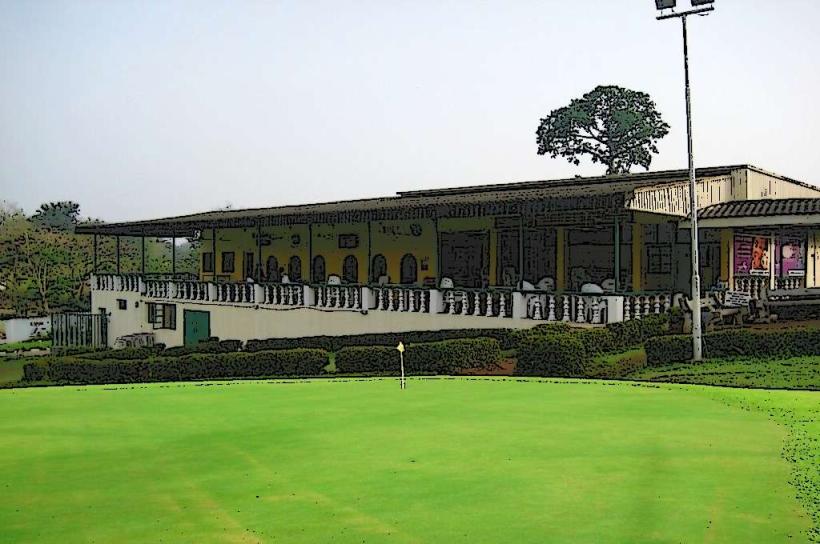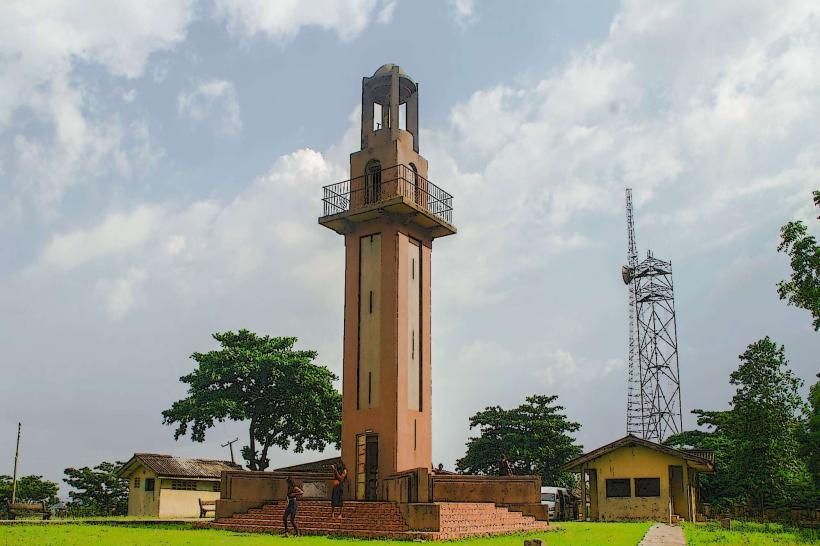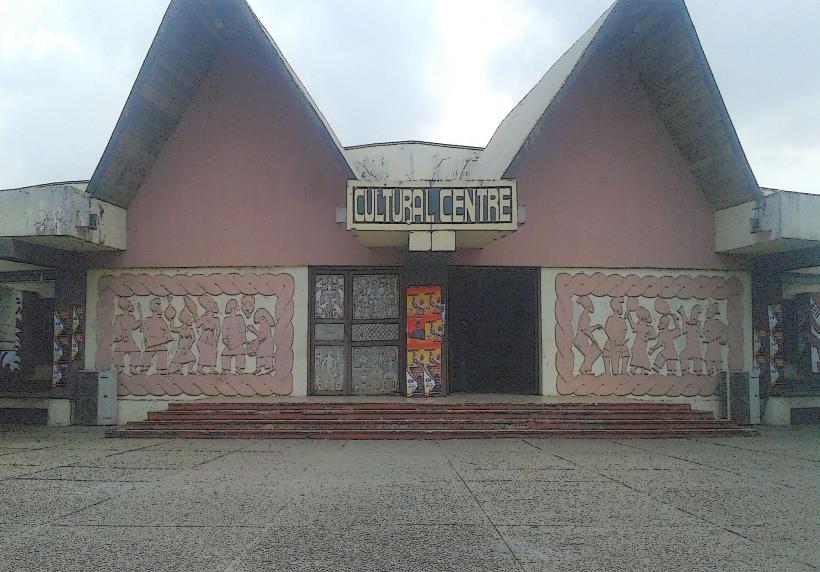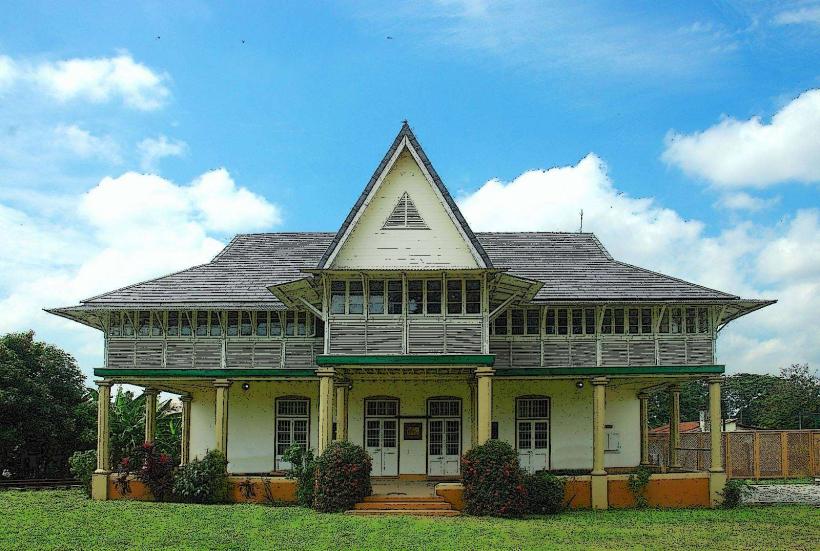Information
City: IbadanCountry: Nigeria
Continent: Africa
Ibadan, Nigeria, Africa
Ibadan: Detailed Information
Ibadan is the capital of Oyo State, located in the southwestern part of Nigeria. It is one of the largest and most historically significant cities in the country. Ibadan holds a prominent place in Nigeria’s cultural, educational, and political spheres, and it continues to be a key center for both traditional and modern development in the region.
Geography
Location: Ibadan is situated in the southwestern region of Nigeria, about 128 kilometers (80 miles) northeast of Lagos, the country's largest city.
Coordinates: Approximately 7.3775° N latitude and 3.8954° E longitude.
Area: The city covers an area of about 3,080 square kilometers (1,190 square miles).
Climate: Ibadan experiences a tropical savanna climate. The rainy season typically runs from April to October, and the dry season from November to March. The city enjoys relatively moderate temperatures throughout the year, with average highs ranging from 27°C (81°F) to 32°C (89.6°F).
Population
Population: As of the most recent estimates, Ibadan has a population of approximately 3 million people, making it one of the largest cities in Nigeria by population.
Ethnicity: Ibadan is primarily inhabited by the Yoruba people, who make up the majority of the population. However, the city also hosts people from various ethnic backgrounds, including Igbo, Hausa, and Fulani, due to its role as a commercial and cultural hub in Nigeria.
History
Ibadan has a long and rich history, having played a crucial role in both the pre-colonial and colonial periods of Nigeria's history.
Founding: Ibadan is believed to have been founded in the 1830s. It was initially established as a military settlement by the Yoruba people, particularly during the period of the Yoruba wars (19th century) and the conflict between the Oyo Empire and other Yoruba states.
Military Power: In its early years, Ibadan grew rapidly as a military power and became a significant force in the region. The city’s rise was partly due to its strategic position and the establishment of a powerful army.
Colonial Era: During the British colonial period, Ibadan became an important administrative center. In 1901, Ibadan was incorporated into the British protectorate of Southern Nigeria and later became part of the Western Region of Nigeria upon independence.
Post-Independence: After Nigeria gained independence in 1960, Ibadan retained its significance as a major educational and commercial center. The city became the capital of Oyo State following the creation of states in 1967.
Economy
Ibadan is a major commercial and agricultural hub in southwestern Nigeria, benefiting from its historical role as a trading center.
Agriculture: Ibadan is located in an area with fertile land, and agriculture remains a key part of the local economy. Cocoa, yam, cassava, and maize are major crops grown in the region. The city also has a thriving livestock sector, including cattle, goats, and poultry.
Trade and Commerce: Ibadan is a vital market town in the southwest. The city hosts a number of busy markets, including the Gbagi Market, which is one of the largest in the region. It is a key location for the trade of textiles, foodstuffs, and crafts.
Industry: Ibadan has several manufacturing industries, including food processing, textiles, and construction materials. Cement production is another significant industry, with the city being home to several cement factories.
Education: Ibadan is often regarded as the education capital of Nigeria. It is home to University of Ibadan (UI), Nigeria’s oldest university, as well as numerous secondary schools and colleges that attract students from across the country.
Culture and Society
Ibadan is a city with deep cultural roots, and its rich traditions are evident in its festivals, music, arts, and cuisine.
Ethnic and Cultural Diversity: While the Yoruba people form the majority of Ibadan’s population, the city’s historical role as a trading and administrative center has made it a melting pot of different cultures and ethnicities.
Religion: Ibadan is predominantly Christian and Muslim, with Christianity having a strong presence due to missionary activity in the colonial era. Islam is also widely practiced, especially in some parts of the city. Traditional African religions are still practiced by some members of the population.
Festivals and Celebrations: Ibadan hosts various cultural and religious festivals, such as:
Egungun Festival: A traditional Yoruba festival that honors ancestral spirits through masquerades, music, and dance.
Odua Festival: A cultural festival celebrating the Yoruba heritage.
Sallah: Celebrated by the Muslim population, marking the end of Ramadan with prayers and feasts.
Christmas and Easter: These are widely celebrated by Christians in Ibadan.
Cuisine: Ibadan’s cuisine is influenced by the Yoruba people, with a variety of dishes that include pounded yam, jollof rice, egusi soup, and moi moi. Street food, such as suya (spicy grilled meat) and akara (bean cakes), are also popular.
Tourist Attractions
Ibadan offers a mix of historical, cultural, and natural attractions, many of which reflect its rich heritage.
National Museum of Ibadan: The museum houses a vast collection of artifacts, including historical relics, sculptures, and archaeological findings. It is a key site for understanding the history and culture of the Yoruba people.
University of Ibadan: The University of Ibadan is the oldest university in Nigeria, and it features beautiful colonial architecture and sprawling grounds. The university campus is also home to the International Institute of Tropical Agriculture and a research center for agriculture.
Ibadan National Library: This library is one of the most important institutions in the city for knowledge and culture. It is located near the University of Ibadan and contains a wide array of local and international texts.
Bower’s Tower: Located in the city, Bower’s Tower is a historic landmark that offers a panoramic view of the city. The tower, built in 1968, is a key tourist site in Ibadan.
Ibadan National Park: This park is located on the outskirts of the city and offers nature walks, wildlife viewing, and an opportunity to experience the region’s flora and fauna.
Oke-Ado Market: One of the largest and busiest markets in Ibadan, Oke-Ado offers visitors a chance to experience the bustling commerce of the city.
Old Oyo National Park: Located about 40 km north of Ibadan, this park contains the ruins of the ancient city of Oyo, the capital of the Oyo Empire, which dates back to the 16th century.
Mapo Hall: This is an iconic historical building in Ibadan, serving as the city’s first administrative office when it was built during the British colonial period. It is located in the heart of the city.
Transportation
Ibadan is well-connected to other parts of Nigeria and has multiple transportation options for residents and visitors.
Air Transport: Ibadan Airport (IATA: IBA) is a domestic airport serving the city. It connects Ibadan to major Nigerian cities like Lagos and Abuja.
Rail Transport: Ibadan is connected to the Nigerian railway network. The city’s railway station offers trains to and from cities like Lagos, Abuja, and Kaduna.
Road Transport: Ibadan is a major transportation hub in southwestern Nigeria, with several intercity bus stations providing services to different parts of the country. Major roads such as the Ibadan-Lagos Expressway and Ibadan-Oyo Road link the city to other regions of Nigeria.
Challenges
Despite its significance, Ibadan faces some challenges:
Infrastructure: The rapid urbanization of the city has led to pressure on infrastructure, particularly in areas like water supply, waste management, and public transportation.
Traffic Congestion: Like many growing cities, Ibadan suffers from traffic congestion, especially during peak hours.
Security: While the city is generally safe, there have been occasional security challenges related to petty crime, which are common in many urban centers.
Conclusion
Ibadan is a city rich in history, culture, and economic significance. Its historical role as a powerful Yoruba city-state, coupled with its modern importance as an educational and commercial hub, makes it one of Nigeria’s most notable cities. With its dynamic growth, diverse population, and rich cultural heritage, Ibadan continues to be an essential part of Nigeria’s development and national identity.

